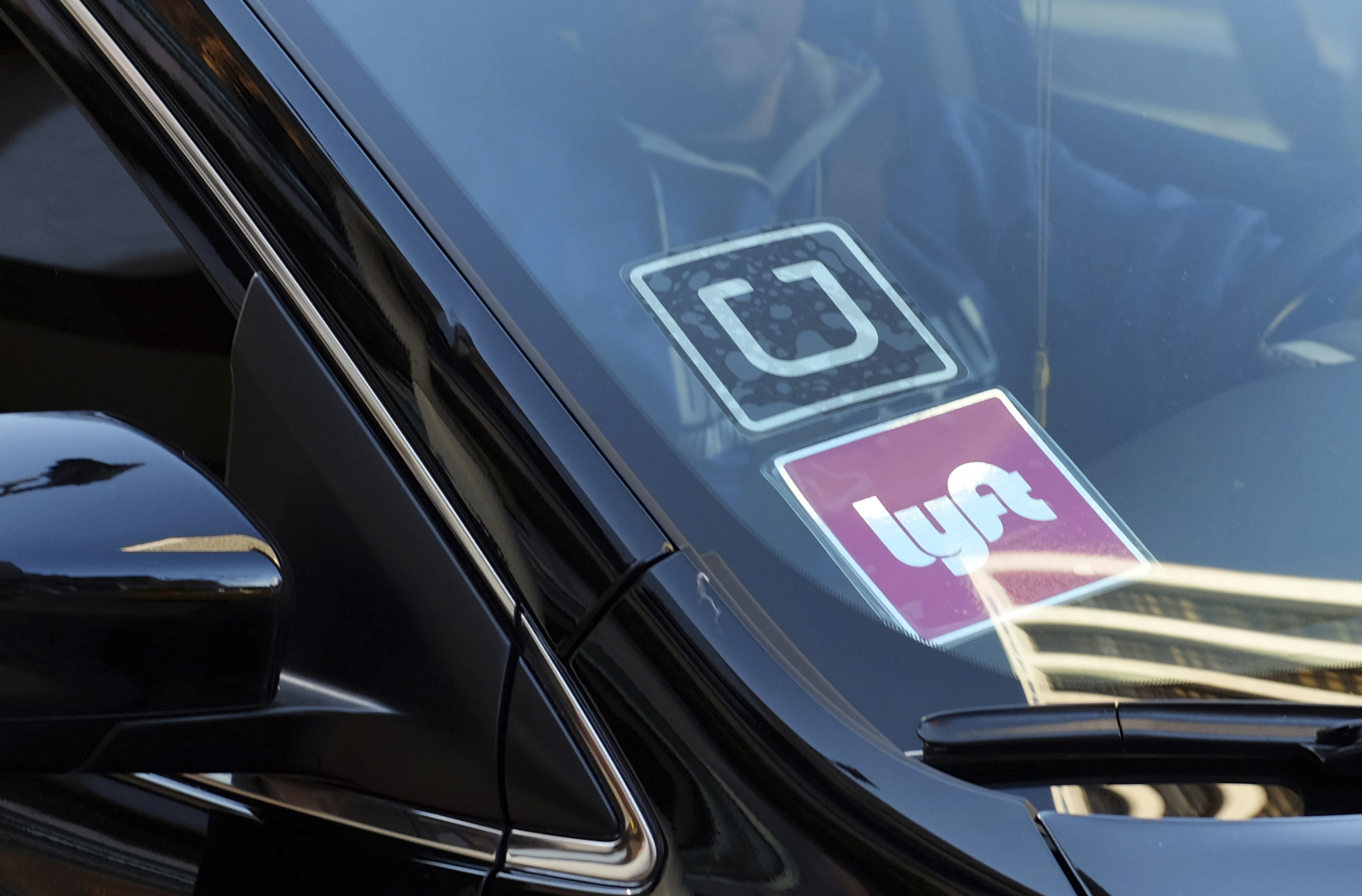This November, voters in Massachusetts will get to decide whether or not Uber and Lyft drivers should be allowed to unionize.
If approved, Question 3 will make Massachusetts the first state in the nation to let rideshare drivers unionize, enabling them to engage in collective bargaining for wages, benefits and work conditions.
WATCH ANYTIME FOR FREE
Stream NBC10 Boston news for free, 24/7, wherever you are. |
In June, Massachusetts Attorney General Andrea Joy Campbell reached a settlement with rideshare companies, requiring Uber to pay the state $148 million and Lyft to pay the state $27 million.
The Bay State had sued the companies in 2020, arguing drivers are employees under state law and entitled to basic benefits and protections.
Get updates on what's happening in Boston to your inbox. Sign up for our News Headlines newsletter.
The settlement kept the classification as independent contractors, and in return, it gave drivers a minimum wage of $32.50 an hour, paid sick leave and other benefits.
Roxana Rivera, executive vice president of the labor union 32BJ, says Massachusetts voters can now take the next step and give these drivers the legal permission to unionize.
"The recent settlement by the attorney general was a start," Rivera said. "But it didn't account for all of the out-of-pocket costs that the drivers have for their car, for their maintenance, for their insurance."
While the ballot measure would give drivers the power to unionize and bargain, opponents argue that companies could respond by raising prices.
More on ridesharing in Massachusetts
"While we do have concerns with some of the language in the ballot — and plan to pursue changes via the legislature next session — Uber will not be running a campaign opposing Question 3," that company said in a statement. "We have no doubt that if drivers choose to organize, they will hold the benefits they've already won central to any negotiations and maintaining their flexibility will remain a top priority."
"While we have no plans to oppose the ballot measure, we do have some concerns about specific aspects of its language and will work collaboratively to address them in the next legislative session, should the measure pass," Lyft said in its own statement.
Kelly Cobb-Lemire of Massachusetts Drivers United says she is a "no" on Question 3 — not because she doesn't want drivers to organize, but because the measure doesn't go far enough.
"This ballot initiative would maintain independent contractor status … Another issue for us is that it does not include delivery drivers," Cobb-Lemire said. "All of those workers deserve to be classified as employees and entitled to all the benefits and protections."
Rideshare driver Prisell Polanco supports the ballot measure.
"Yes, totally," he said. "As a single driver, nobody will hear me, nobody will hear my claims. Hopefully, we can negotiate our pay with the company. You know, every other employee has the right but us."
Click here to see more information about all five questions on the ballot in Massachusetts.



